According to Taiwan's China Times Electronic News, Taiwanese scientist Li Xiangying was selected into the 13th batch of China's high-level overseas talent introduction program, the "Thousand Talents Plan" youth project, based on her scientific research achievements in stem cells. She then entered and worked at Peking University. Served as a researcher at the School of Life Sciences of Peking University.

Li Xiangying graduated from Taiwan Cheng Kung University in 2003, and then went to the United States to do research related to the treatment of blood diseases. In the summer of 2017, when her postdoctoral research period was coming to an end, she met Wu Hong, dean of the School of Life Sciences at Peking University, in Boston. , unexpectedly got an opportunity to work in Beijing.
Beijing has strong support for scientific research
Li Xiangying’s main scientific research direction is the development of blood cells and the mechanism of some related blood diseases. She studies how hematopoietic stem cells differentiate and develop into different blood cells step by step; she is at Massachusetts Polytechnic developed a technology that can produce hematopoiesis in vitro as a platform for cell therapy.
Comparing the scientific research environment on both sides of the Taiwan Strait, Li Xiangying said that Beijing has given greater support to scientific research in recent years. After all, talents are the world’s resources and have no geographical restrictions; scientific research requires good soil, and where can there be good soil to support her? She is willing to go to that place for the next work to be done.

reported that there are already quite a few Taiwanese students at Peking University. Professor Zhang Yiwu of the Chinese Department of Peking University often encounters Taiwanese students on campus. Moreover, among the doctoral and master’s students he now teaches, there are Taiwanese students. Zhang Yiwu said that Taiwanese students give the impression that they are humble and polite, especially polite to teachers and elders, have strong cooperative skills, and are good at communicating with others, so they can easily integrate into the group.
Mainland China favors Taiwanese students due to cultural and language advantages.
However, when it comes to ambition and enthusiasm, Zhang Yiwu believes that mainland students may be stronger; in the pursuit of knowledge, Taiwanese students are more involved, while mainland students are more in-depth. He pointed out that mainland schools do not give any special treatment to Taiwanese students because Taiwanese students can integrate into mainland campus life quite well.
reported that a Taiwanese student studying in a doctoral program at Peking University also said that he feels that more talents have come to the mainland for development in recent years. The mainland is actively promoting national construction and needs talents from all walks of life. Taiwanese students have culture and Due to the language advantage, it is naturally favored by mainland scientific research and academic institutions. Lin Wenxiong, president of
1111 Human Resources Bank, said in an interview that the mainland has recently been actively recruiting outstanding scientists from all over the world, and Dr. Li Xiangying is one of them. Excellent talents also need a stage. The flow of Taiwanese talents to the mainland has become a trend.
Mainland China’s “Introducing High-level Overseas Talents” Plan
Mainland China has implemented the “Introducing High-level Overseas Talents” plan since December 2008. Focusing on the national development strategic goals, it will take 5 to 10 years to develop key national innovation projects, key disciplines and Key laboratories, central enterprises and financial institutions, and high-tech zones will focus on introducing and supporting a group of overseas senior talents to return to China to innovate and start businesses. So far, the program has introduced more than 6,000 senior innovative and entrepreneurial talents in 14 batches.


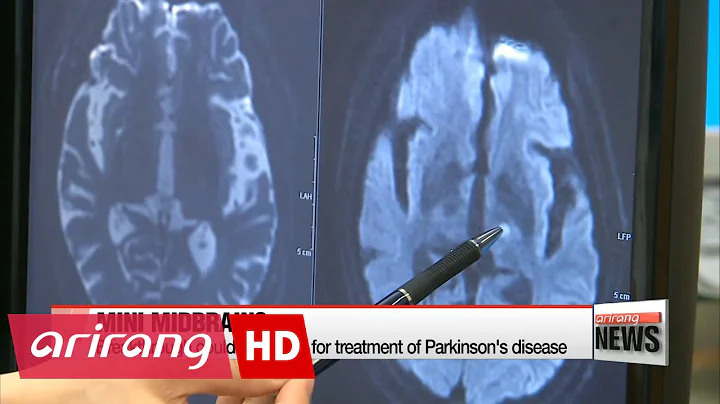
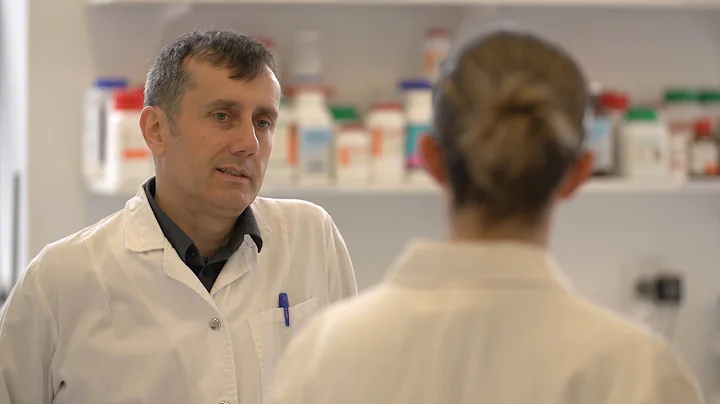
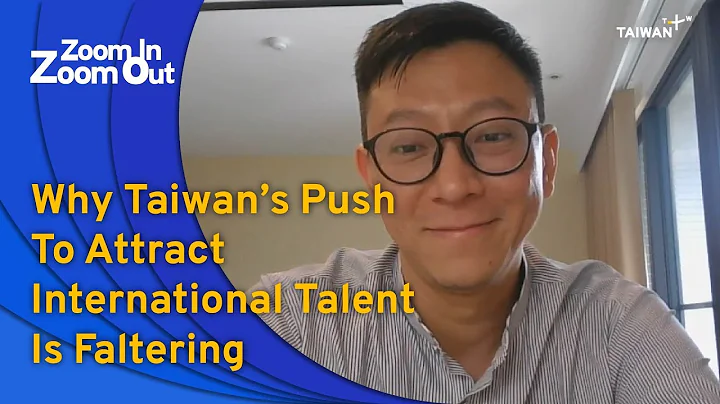
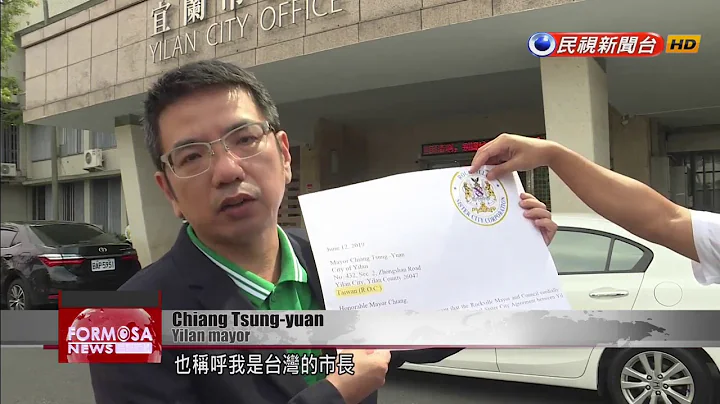

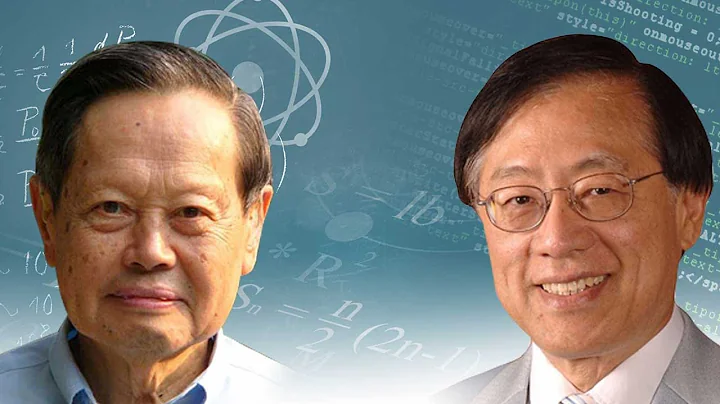
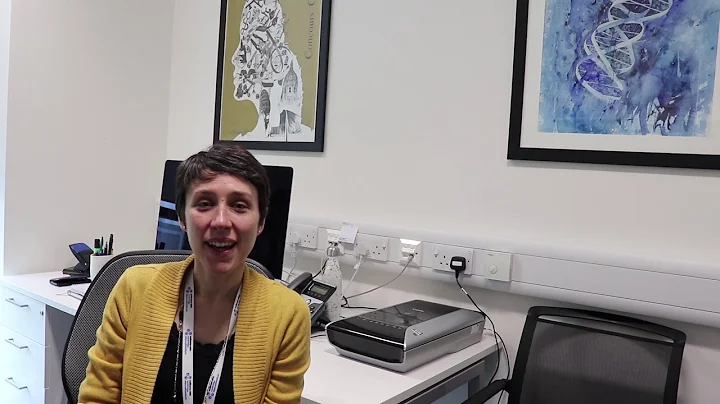
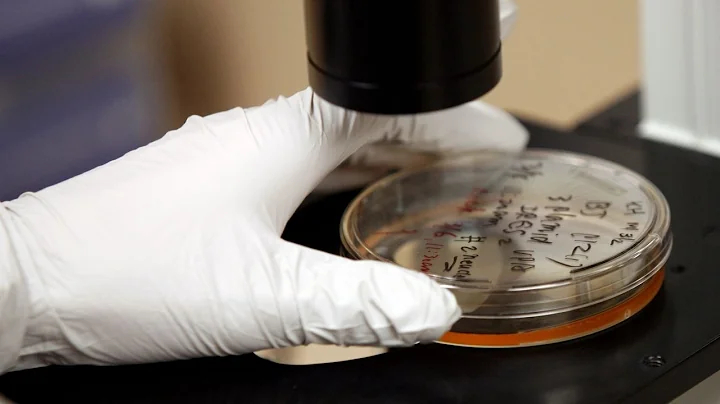










![[ENG] Lee Jong Suk's Acceptance Speech Referring To IU🏆💌 #Shorts (Subscribe to Me for More Videos) - DayDayNews](https://i.ytimg.com/vi/W7g74kqc2lo/hq720_2.jpg?sqp=-oaymwE2CNAFEJQDSFXyq4qpAygIARUAAIhCGABwAcABBvABAfgBtgiAAoAPigIMCAAQARhyIDkoTTAP&rs=AOn4CLCAGzZ_qb1dwfOk4lPS4_ppGMn9EQ)
